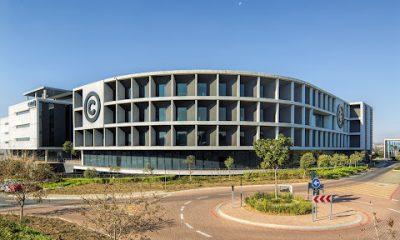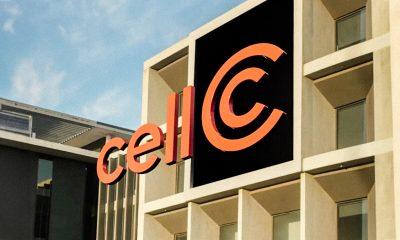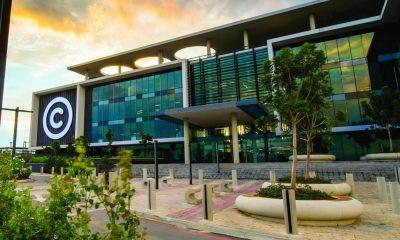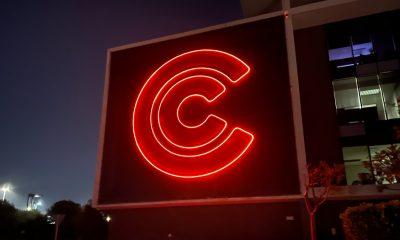Business
The Levy Brothers: How They Revolutionized Prepaid Airtime in South Africa
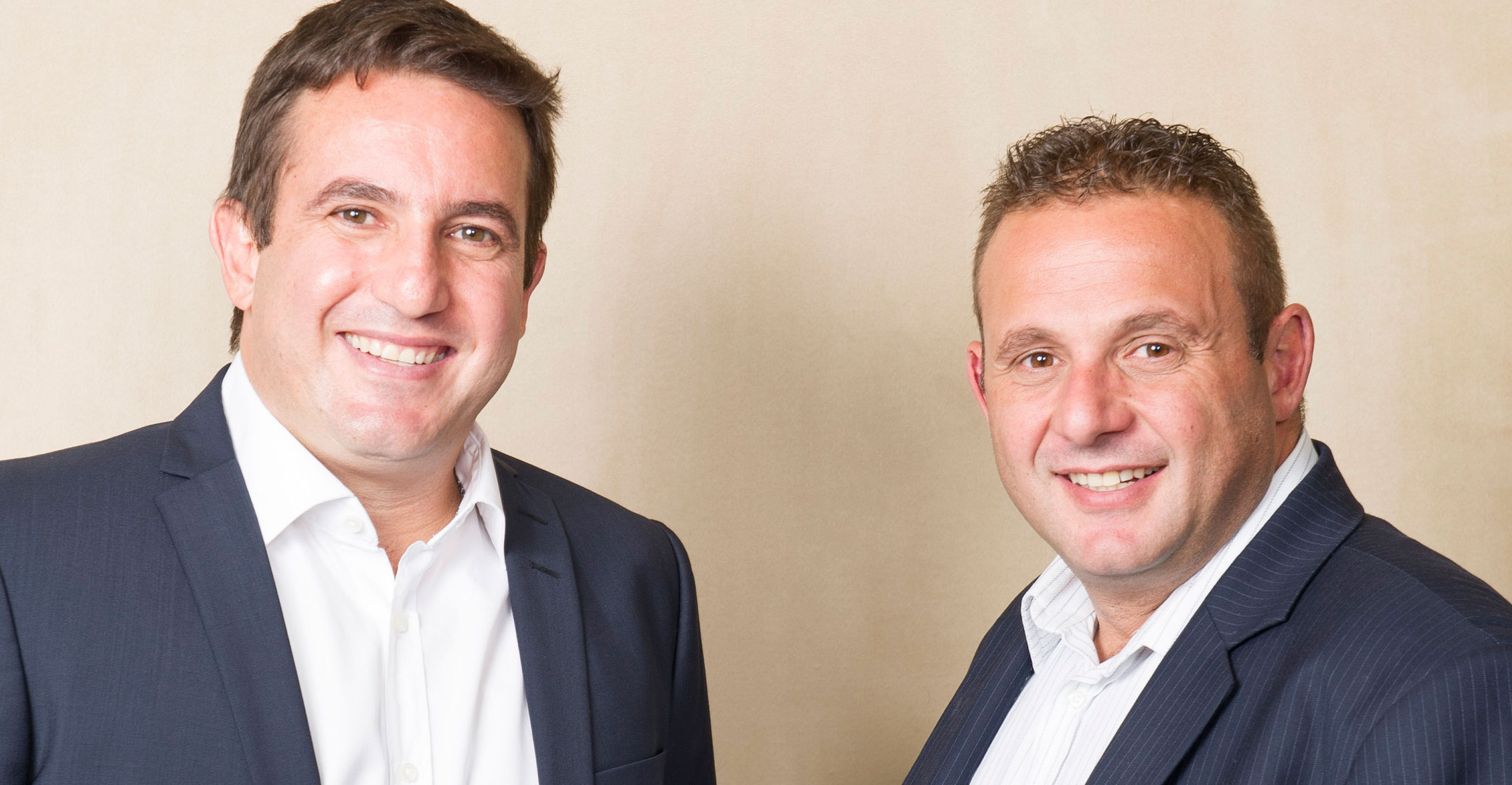
Mark and Brett Levy, the entrepreneurial minds behind Blue Label Telecoms, reshaped the prepaid airtime industry in South Africa. From their modest beginnings in Delmas, Mpumalanga, to running one of the country’s most significant digital transaction platforms, their journey is a testament to innovation, resilience, and business acumen.
From Electronics to Telecoms: The Early Days
Growing up in Delmas, the Levy brothers displayed an entrepreneurial spirit early on. After their father’s passing, they took on responsibilities that shaped their independent and business-driven mindset.
During high school, they started selling car radios and televisions, gradually expanding into a large-scale electronics distribution business by the 1990s. Their ability to leverage parallel imports gave them a competitive edge in pricing, setting the stage for their next big venture.
Breaking into Telecommunications: The Birth of Blue Label Telecoms
The duo entered the telecommunications sector after winning a Telkom tender for prepaid phone distribution across South Africa. At the time, prepaid airtime was sold only through physical scratch cards—a system they aimed to digitize.
Their solution? An electronic top-up PIN system, which simplified transactions and provided greater convenience for consumers. While initial challenges arose—such as mobile operators’ inability to supply electronic PINs—the brothers found workarounds by sourcing prepaid scratch cards and converting them into digital transactions.
This innovation transformed the industry, allowing merchants across South Africa to distribute prepaid airtime via point-of-sale devices.
Expanding Beyond Airtime: A Multi-Industry Approach
With their digital prepaid platform gaining national traction, the Levy brothers expanded their offerings:
- Prepaid electricity and water vouchers
- Prepaid data services
- Ticketing solutions
This strategy propelled Blue Label Telecoms to process over 5 billion transactions annually. In 2007, the company went public on the Johannesburg Stock Exchange (JSE), with its market cap peaking at nearly R20 billion.
The Cell C Acquisition: A Costly Gamble?
Despite their success, the Levy brothers’ boldest move came in 2017 when Blue Label acquired a 45% stake in Cell C for R5.5 billion. The struggling mobile operator failed to turn around, forcing Blue Label to write down the investment to zero.
However, instead of abandoning ship, the brothers launched a complex recapitalization plan, increasing their economic interest in Cell C to 63% by 2025. The plan involved:
- Lending R1.03 billion to Cell C to settle debts
- Purchasing R2.4 billion in airtime
- Transferring telecommunications licenses to their subsidiary, The Prepaid Company
Is Cell C Turning a Corner?
Despite efforts, Cell C remains technically insolvent:
| Balance Sheet | Nov 2023 | May 2024 | Nov 2024 (Latest) |
|---|---|---|---|
| Assets (R’000) | 12,242,924 | 14,130,474 | 13,813,396 |
| Liabilities (R’000) | 16,634,611 | 17,309,515 | 17,141,677 |
| Equity (R’000) | (-4,391,687) | (-3,179,041) | (-3,328,281) |
Although negative equity remains, Cell C’s net loss before tax dropped from R336 million to R149 million, suggesting a gradual improvement.
A Legacy of Innovation and Risk
Mark and Brett Levy’s journey—from selling electronics to redefining digital payments—proves their resilience and adaptability. While their investment in Cell C remains a challenge, their disruptive approach to prepaid transactions has left an undeniable mark on South Africa’s telecom industry.
Follow Joburg ETC on Facebook, Twitter , TikTok and Instagram
For more News in Johannesburg, visit joburgetc.com

